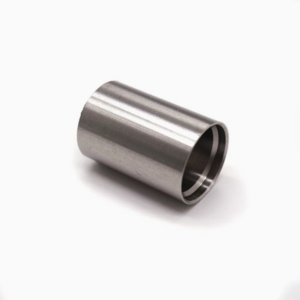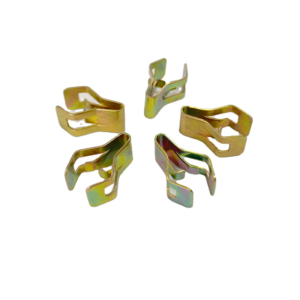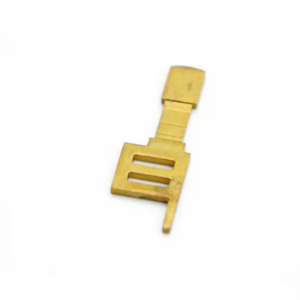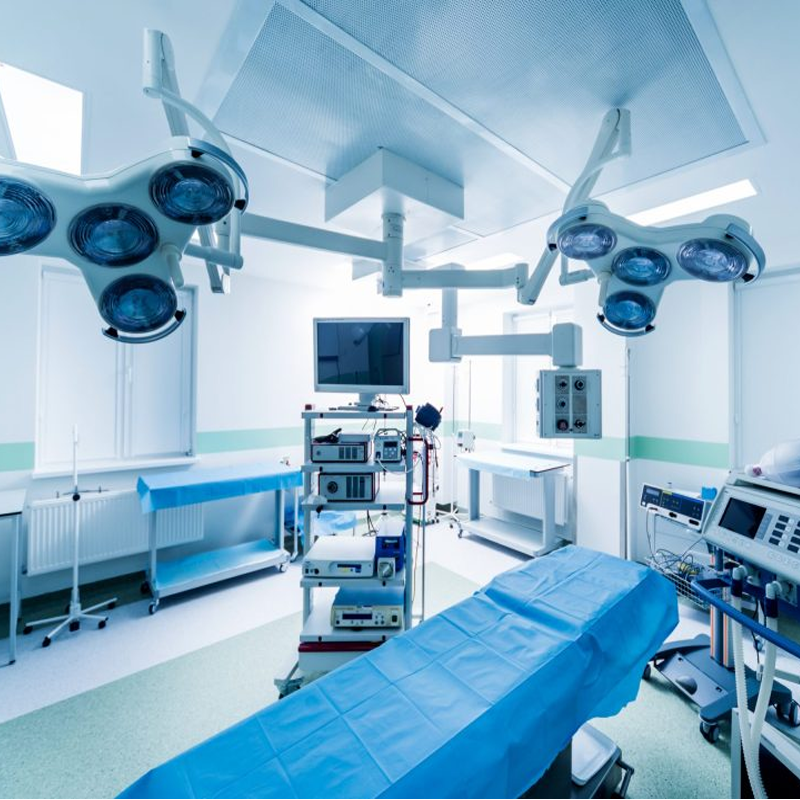In the medical device industry, high-quality parts are essential for ensuring patient safety and optimal performance. Medical devices must meet stringent standards, achieving tight tolerances, user-friendliness, and effectiveness in aiding patient recovery. Whether it’s pumps, pacemakers, defibrillators, or surgical instruments, the quality of the equipment and its components plays a critical role in the overall functionality and success of the device.
One of the most efficient and reliable ways to produce these components is through metal stamping—a high-precision manufacturing process that offers numerous advantages over traditional metal fabrication techniques.
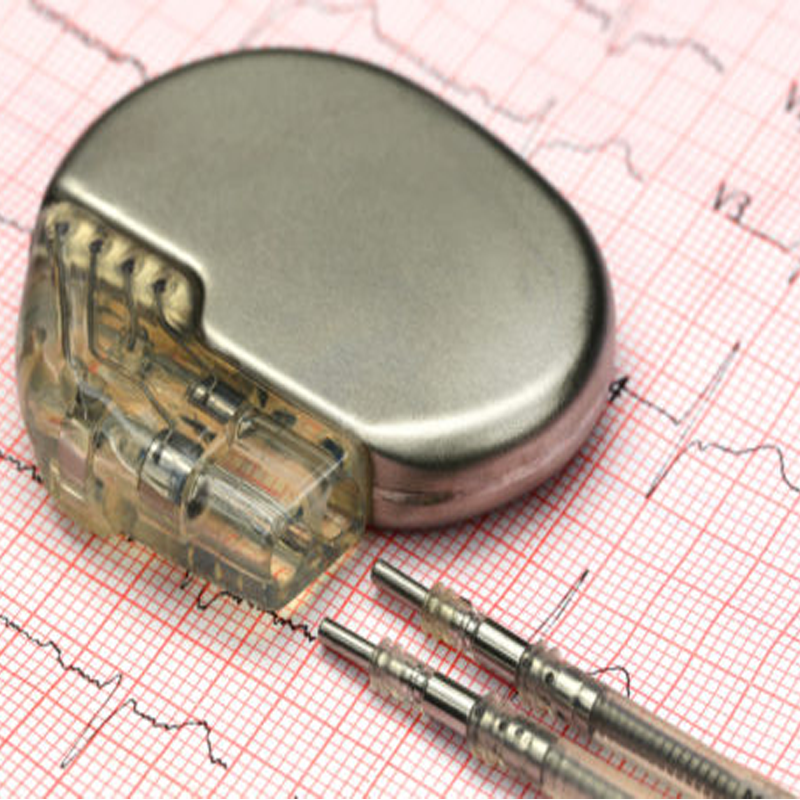
Advantages of Metal Stamping in Medical Device Manufacturing
Metal stamping has emerged as a go-to solution for mass-producing high-precision medical device components. This process offers a wide range of benefits, making it ideal for the production of high-quality, durable, and cost-effective parts in large quantities.
-
Automation and Cost Efficiency
One of the most significant advantages of metal stamping is its ability to be automated. This automation allows manufacturers to produce large quantities of parts at a fraction of the cost compared to other metal fabrication methods. After the initial setup, the cost per unit decreases significantly, making metal stamping an economical choice for high-volume production. This makes it particularly attractive for manufacturers of medical devices who need to produce consistent, high-quality components in large quantities.
-
Precision and Repeatability
Medical device components must meet incredibly tight tolerances, often to the micrometer. Metal stamping is highly precise, ensuring that each part produced is uniform, consistent, and within the required specifications. This repeatability is crucial when manufacturing components like implantable devices, surgical tools, and electrical contacts, where small variations could compromise the functionality and safety of the device.
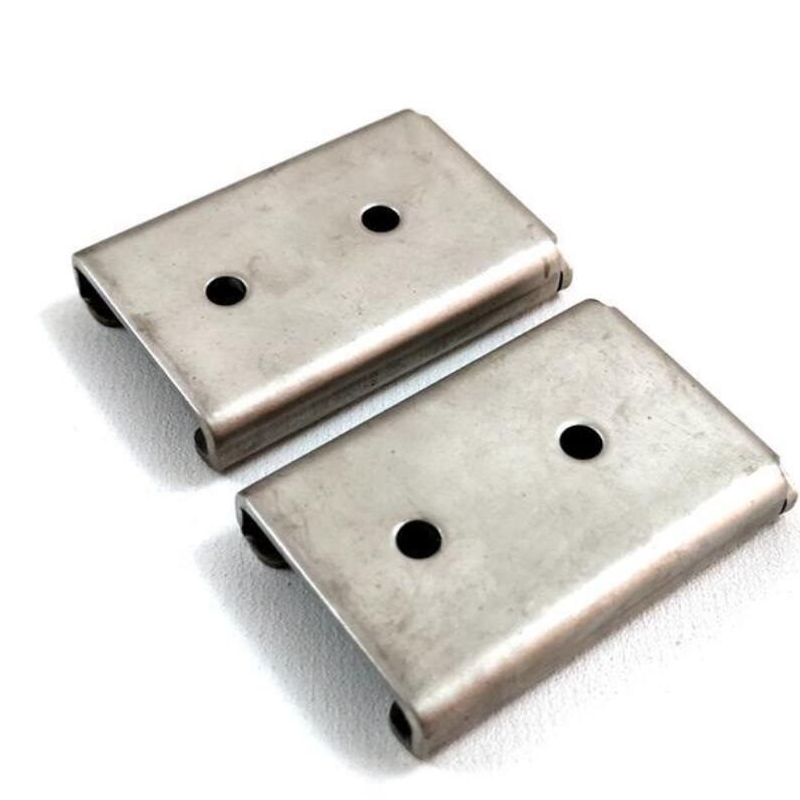
-
High Volume Production
Metal stamping is ideal for high-volume production runs, which is essential for the medical device industry. Whether producing components for pacemakers, defibrillators, or implants, manufacturers can quickly scale production to meet demand. Stamping presses can operate at high speeds, making it possible to produce large batches of parts with minimal lead time.
-
Versatility in Materials
Stamping is versatile in terms of materials, making it suitable for a wide range of metals, including titanium, stainless steel, aluminum, and more. For medical devices, materials like titanium are especially important due to their biocompatibility and resistance to corrosion. Metal stamping allows manufacturers to easily work with these materials to create complex, intricate designs for a variety of medical applications.
Key Applications of Metallstanzen in the Medical Industry
The versatility of metal stamping makes it a crucial process for producing a wide array of medical components. Some of the most common applications in the medical industry include:
– Implantable Components: Metal stamping is used to create components such as battery cases, implantable cardioverter defibrillators (ICDs), pacemaker enclosures, and other internal components that must remain sterile and retain their shape over time.
– Device Enclosures: Medical devices like pacemakers, cochlear implants, and drug pumps require durable, corrosion-resistant enclosures. These enclosures are often made from materials like titanium, which can be easily deep drawn into complex shapes through metal stamping.
– Medical Device Shields and Half-Shells: Stamped metal parts such as shields and half-shells are commonly used in medical devices to protect delicate internal components from external damage.
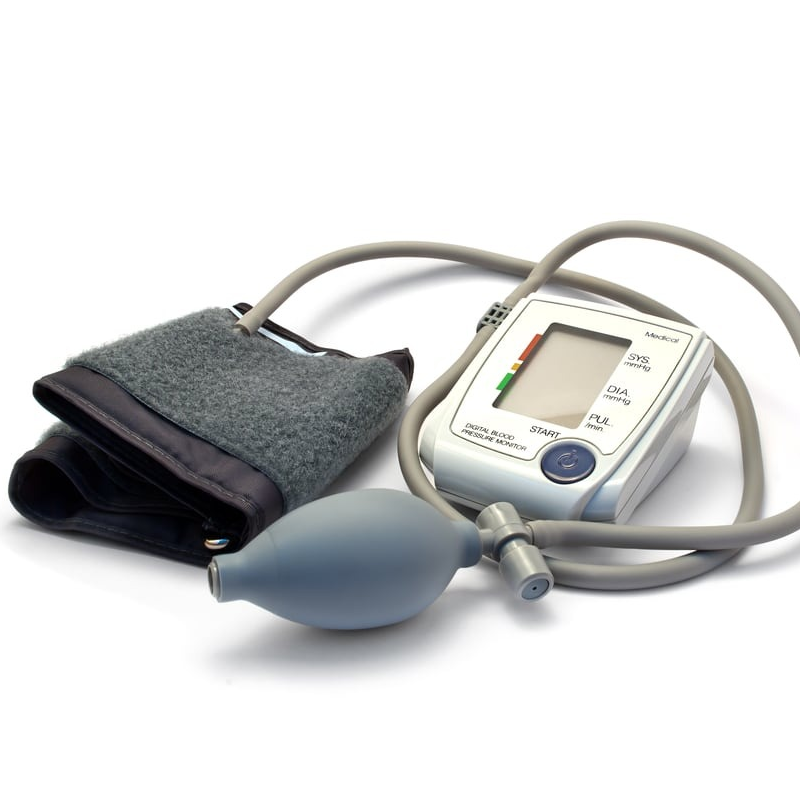
– Caps and Lids: Stamped metal lids, covers, and headers are used in a variety of medical devices for both protective and functional purposes.
– Customized Neuromodulation and Hearing Devices: Metal stamping allows for the creation of highly customized, precise components for devices like cochlear implants and neuromodulation products.
By leveraging metal stamping, manufacturers can produce these complex parts with high precision, speed, and reliability.
The Role of Titanium in Medical Device Manufacturing
Titanium is a preferred material in the medical industry due to its strength, corrosion resistance, and biocompatibility. As the human body does not reject titanium, it is widely used in implantable medical devices, including pacemakers, defibrillators, and drug pumps.
At Plantmetal, we specialize in deep-drawing titanium and other biocompatible materials into intricate shapes, a process that ensures the durability and functionality of medical devices. We have a long history of working with titanium and have developed advanced techniques to form this metal into the critical components used in the healthcare industry.
Our Approach to Medical Device Manufacturing
To maintain the highest standards of quality and precision in the production of medical components, we at Plantmetal utilize a combination of advanced manufacturing practices and rigorous quality control measures. These include:
– Material Expertise: We work with a wide range of metals, including titanium, stainless steel, and medical-grade alloys, each selected for its specific benefits in medical applications. Our expertise in these materials ensures that each part is not only durable but also biocompatible, meeting the strictest medical industry standards.
– Custom Tooling: At Plantmetal, we design and build custom tooling to meet the specific needs of each project. This flexibility allows us to efficiently produce both standard and highly customized components, ensuring that we can meet the unique demands of each medical device manufacturer.
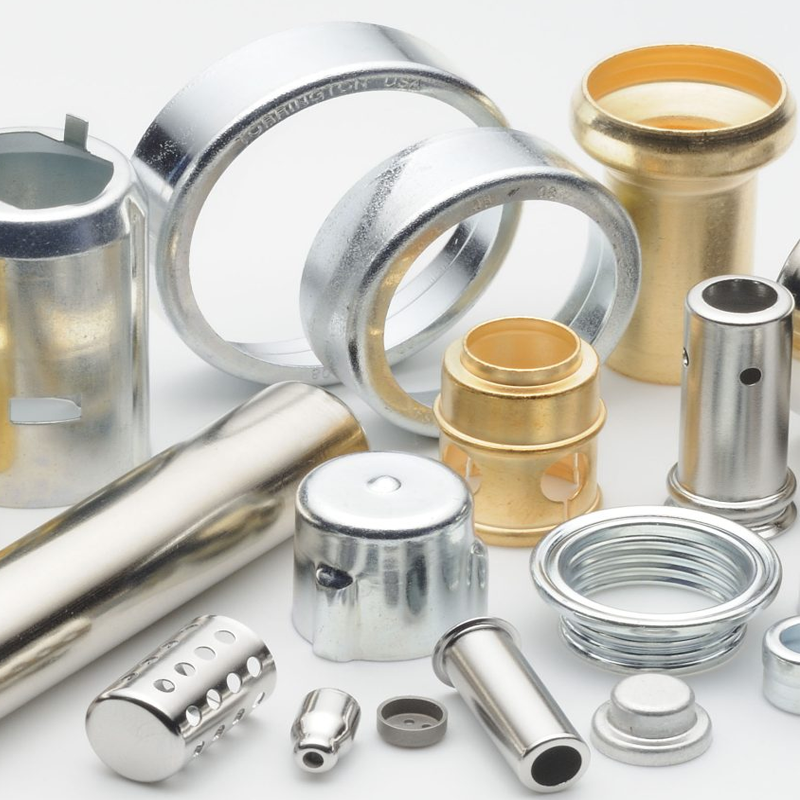
– Collaborative Design: We work closely with our clients from the initial design concept through to full-scale production. Our design team assists with material selection, part modifications, and the creation of prototypes, ensuring that all components are reliable, manufacturable, and compliant with medical industry standards.
– Advanced Engineering Analysis: To optimize the performance and durability of our medical device components, we use Failure Modes and Effects Analysis (FMEA) and Finite Element Analysis (FEA). These tools help us identify potential design weaknesses and make adjustments before production begins, ensuring the highest levels of quality.
– Quality Control and Compliance: We adhere to strict quality control measures to ensure that each part meets both industry and regulatory standards. This includes compliance with RoHS (Restriction of Hazardous Substances) standards, which is critical to ensure the safety of both the end-user and the environment.
– High-Volume Production: With advanced machinery and automated processes, Plantmetal has the capacity to handle large-scale production runs efficiently. Our facilities are equipped with state-of-the-art stamping presses, capable of producing components in high volumes with minimal lead times.
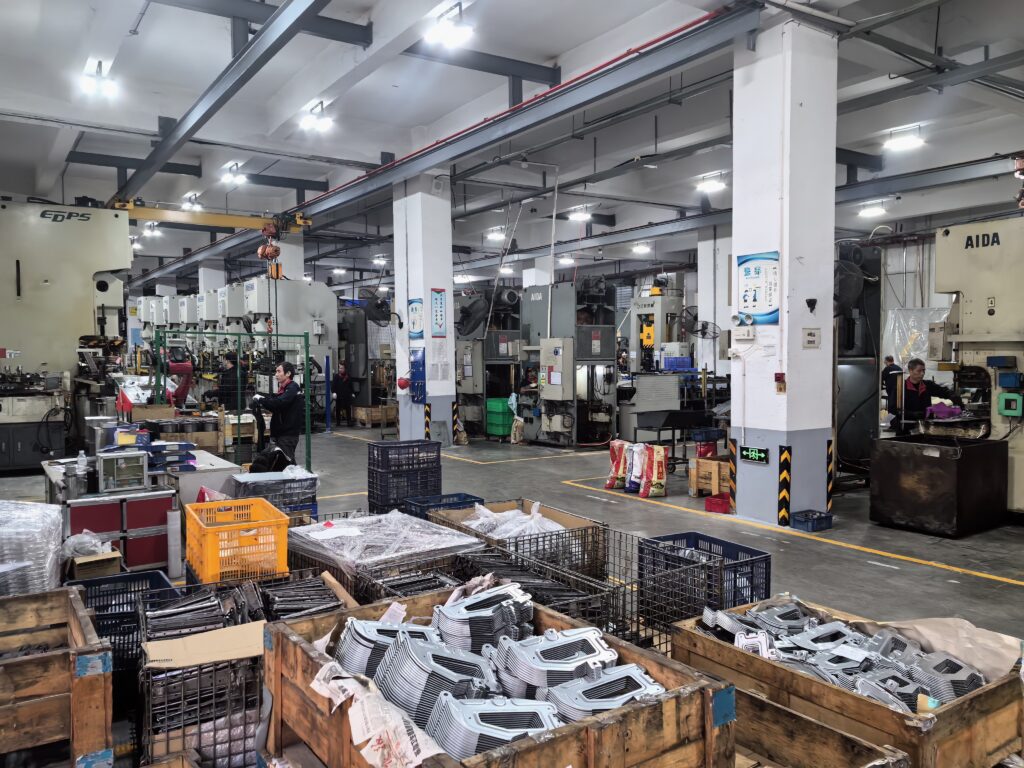
Why Choose Plantmetal for Your Medical Device Manufacturing Needs?
At Plantmetal, we understand the critical importance of precision, quality, and reliability in the medical device industry. Our deep-drawing stamping process, combined with our advanced tooling capabilities, allows us to produce high-quality medical components quickly and affordably. Whether you need a large batch of standardized components or a custom solution for a specific medical application, we have the expertise and resources to deliver top-tier results.
Our commitment to quality and customer satisfaction has earned us a reputation as a trusted partner for medical device manufacturers. We work closely with our clients to ensure their components meet the highest standards and comply with all relevant industry regulations.
If you are looking for a reliable partner to manufacture your next medical device component, contact Plantmetal today. Let us help you bring your project to life with precision and efficiency, ensuring the best possible outcomes for both healthcare professionals and patients.

